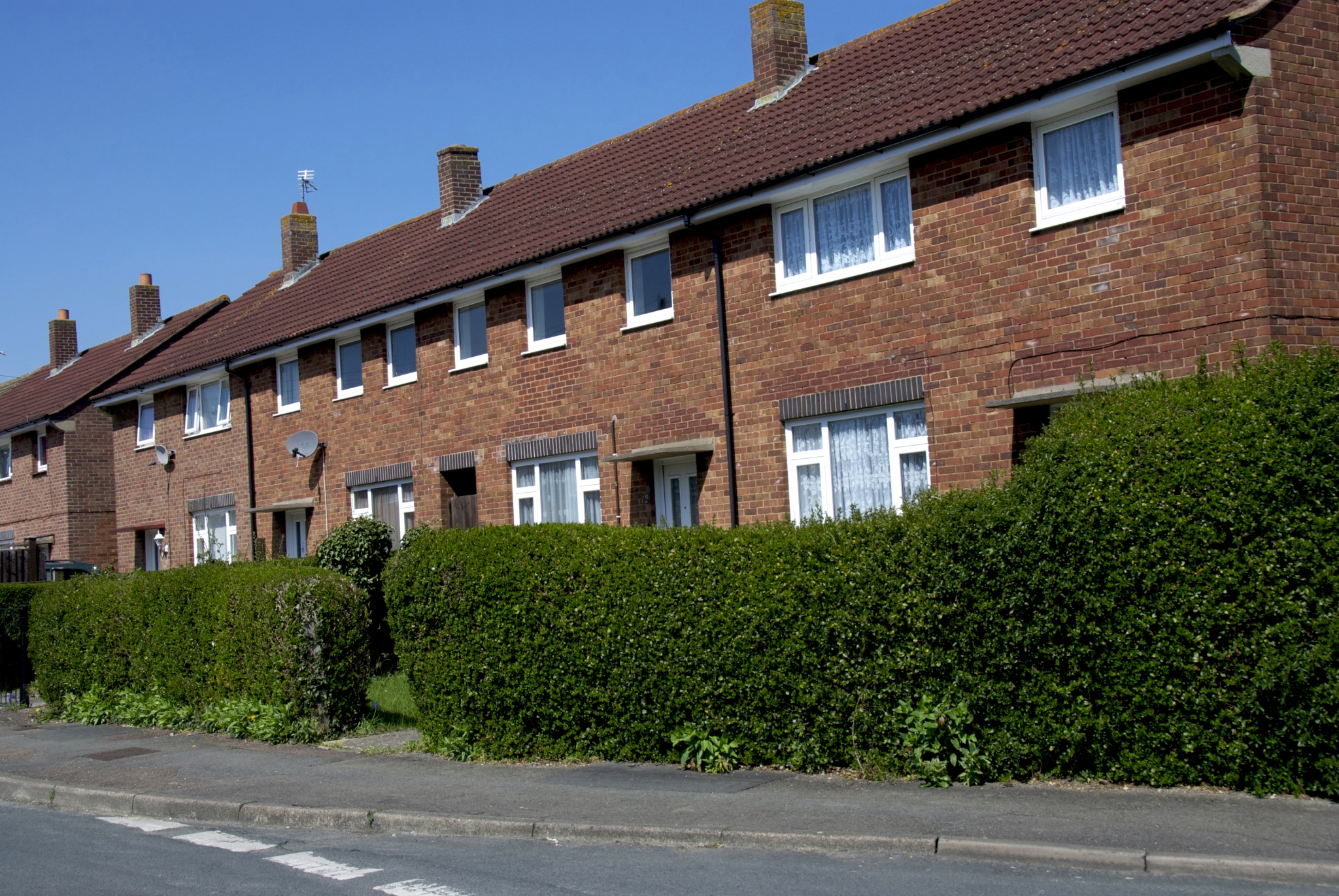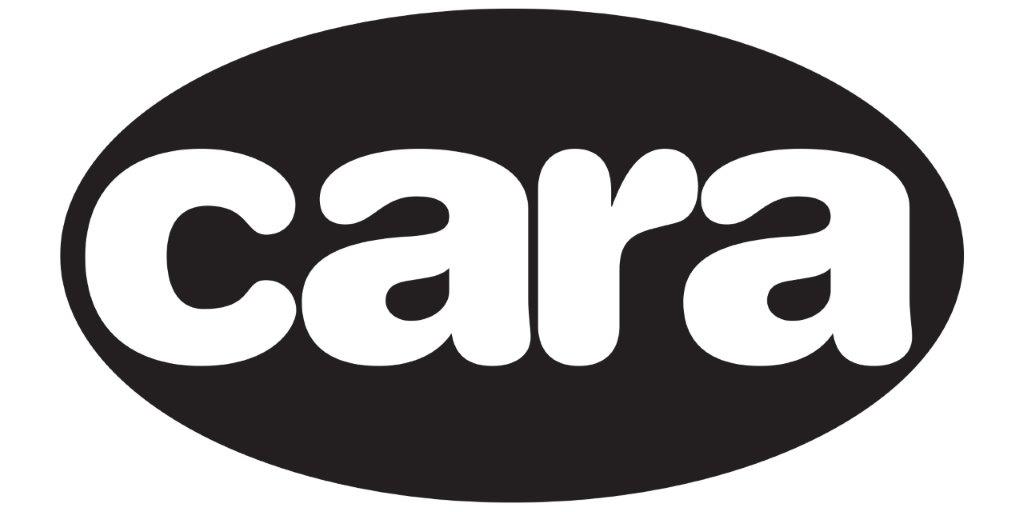

The Cara Trust was founded in 1988 by Father David Randall, following a sabbatical trip to San Francisco encouraged by his bishop at the time.
As well as offering care to those directly affected, through its AIDS Ministry courses Cara helped to work out the radical implications of HIV for all churches and pastoral agencies, given the high incidence of loss amongst gay men and drug users, mostly young and unchurched. Funerals, counselling, complementary therapies, community meals, and religious events were offered through a small inter-denominational staff and many volunteers.
David himself was diagnosed HIV positive in 1988 and sadly died in the London Lighthouse in 1996. In 1997 the new combination therapy drugs began mercifully reducing deaths from HIV and our emphasis shifted to supporting people to live as fully as possible in their various settings. They have continued to develop since then, trying to ensure that they continue to make life better for people living with HIV.
It’s important that Cara continues to be a safe, supportive place for people with HIV. They also provide a challenge for those who are ready, to get actively involved in providing support for others. This emphasis on positive people supporting positive people is one thing that makes Cara a special place.
“Positive solutions to housing problems facing older people with HIV” aims to provide ‘a better life for people living with HIV’, by focussing on supporting people around the key issues of ageing and poverty.
It will deliver a community based service clearly focused on meeting the needs of older people with HIV who are facing up to a transition phase in their housing. Most users of this service live on welfare benefits and suffer from a degree of poverty. The Trust works primarily with clients living in London.
The project is led by a skilled social worker that has in-depth experience and knowledge of the needs of older people with HIV, with support provided by peer volunteers.
In addition the Trust’s social work team has supported a number of older and or frail clients over the past year who have these kind of housing related issues, particularly in relation to Sheltered Housing and Care Homes, with the eldest being 86 and living on his own in a 2nd floor (no lift) Housing Association flat. In his case there is the real risk that a statutory worker will assess him as being incapable of looking after himself, which might mean that he would be forced into a care home against his wishes. We want to help him pre-empt such a decision, and remain in control of his own options, by possibly moving into Sheltered Housing.
Another example is a client in his 50s who suffers from Progressive Multifocal Leukoencephalopathy (PML) – who has been placed in a care home by his family. His aim is to move out of the care home and into sheltered accommodation, as he really dislikes having to live in a place where the other residents are all at least 30 years older than him, and the staff and activities are geared towards supporting dementia patients.
Another example is a client in his 50s who suffers from Progressive Multifocal Leukoencephalopathy (PML) – who has been placed in a care home by his family. His aim is to move out of the care home and into sheltered accommodation, as he really dislikes having to live in a place where the other residents are all at least 30 years older than him, and the staff and activities are geared towards supporting dementia patients.
With this project Cara will be able to develop their expertise, and become a recognised centre of excellence in order to better meet these needs in future.
Last year they also also took part in National AIDS Trust’s expert reference group for developing guidance on HIV issues for Domiciliary Care Homes.


